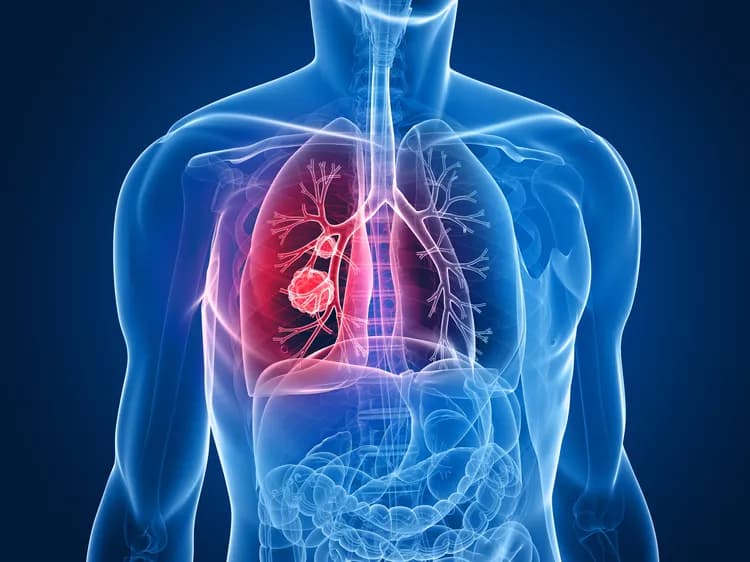The overabundance of growth factors has been implicated in the development and spread of many cancers, most famously the up-regulation of EGF and EGFR receptors in lung cancer, which is now successfully targeted by anti-EGFR therapies including erlotinib and gefitinib. A University of Colorado Cancer Center study recently published in the journal Molecular Carcinogenesis points to a new, related target, namely epiregulin, an under-studied EGF-like growth factor.
"A couple years ago, we identified epiregulin, or Ereg, as a potential biomarker during transcriptomic studies using two separate mouse models of lung cancer," says Alison Bauer, PhD, investigator at the CU Cancer Center and assistant professor at the Colorado School of Public Health.
The next question was whether this upregulation was happenstance, correlative, or in fact causative in the disease. To find the answer, Bauer and colleagues examined the effects of Ereg deletion in mouse models of the disease. Specifically, the group initiated the development of lung cancer in wildtype mice and also mice that lacked the ability to produce Ereg and then watched a variety of endpoints that mark the development of the disease.
"Basically, we saw that mice without Ereg developed fewer tumors," Bauer says. In addition to decreased overall tumor burden, mice lacking Ereg also showed reduced inflammation and, in cell studies, both human and mouse lung epithelial cells treated with Ereg had significant increases in wound healing.
"This is in line with what you would expect from a functional growth factor," Bauer says. "It appears as if Ereg increases cell proliferation, with increased levels of Ereg in cancer cells promoting the growth and proliferation of tumors."
Because Ereg is under-studied compared to its cousin EGF, much of the science surrounding this growth factor is still poorly understood. For example, Bauer points out, though Ereg appears to influence inflammation, how, why and the consequences of this influence are unknown. She plans on investigating the mechanisms driving these responses in future studies.
"This really is new," she says. "And while that presents a challenge in the lack of science surrounding Ereg, it also presents an exciting opportunity to push forward with a promising biomarker that hasn't been described in this context."
While the specific biomarker of Ereg is new, the path that leads from biomarker discovery to a successful medicine is not. Bauer points out that many current therapeutic targets in lung cancer including EGFR, ALK and ROS1, started as biomarkers of unknown significance.
"This is the first step -- well, actually the second step -- in the exploration of Ereg as a prognostic marker and potential target in a subset of lung cancers," says Bauer. "We hope that our future studies continue to prove its promise."
The above post is reprinted from materials provided by University of Colorado Anschutz Medical Campus. Note: Materials may be edited for content and length.
Disclaimer: DoveMed is not responsible for the adapted accuracy of news releases posted to DoveMed by contributing universities and institutions.
Primary Resource:
Bauer, A. K., Velmurugan, K., Xiong, K. N., Alexander, C. M., Xiong, J., & Brooks, R. (2016). Epiregulin is required for lung tumor promotion in a murine two‐stage carcinogenesis model. Molecular carcinogenesis.
Related Articles
Test Your Knowledge
Asked by users
Related Centers
Related Specialties
Related Physicians
Related Procedures
Related Resources
Join DoveHubs
and connect with fellow professionals


0 Comments
Please log in to post a comment.